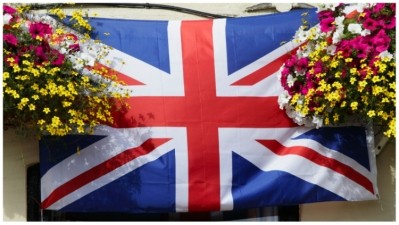A look into Jennings Brewery history

CMBC revealed it was set to close the Cumbrian site earlier this month (Wednesday 7 September), citing reasons including the brewery operating below capacity of a number of years and a significant decline in volumes, which was exacerbated by the pandemic.
Paul Davies, from CMBC, said the company was “incredibly proud” of the brewery team and it would prioritise support for the staff as the consultation period is entered.
“We understand the great affection the local community has for the brewery and its place as part of the UK’s brewing heritage," he added.
“We are pleased to continue brewing Cumberland Cask by moving production to the historic Marston’s Brewery in Burton, which as a fantastic track record of producing traditional cask beers.”
The decision was criticised by the Campaign for Real Ale (CAMRA), which urged the brewer to keep the venue as it is and produce beer rather than closing it for good.
Devastating blow
Chairman Nik Antona said: “The announcement from CMBC that it intends to shut and sell the Jennings Brewery site in Cockermouth is a devastating blow for the area’s brewing heritage.
“It is vital CMBC does everything it can to keep the site as a working brewery rather than having this part of our history lost to conversion to housing or another use.”
The brewer’s decision to move the creation of Cumberland Ales to Burton instead of producing it in Cumbria was also lambasted by CAMRA.
“Sadly, this is now an expected consequence of global brewers entering and consolidating the UK beer market – shutting distinctive regional brands and eroding the nation’s brewing history,” Antona added.
The brewery had been creating beers for nearly 200 years and was originally established as a family concern in 1828, situated in Lorton, Cumbria.
Just under 50 years later in 1874, it moved about two miles away to Cockermouth, at the foot of the castle, after outgrowing the Lorton site.
Brewery history
The bountiful land meant there was a large supply of pure Lakeland water, which was drawn from the brewery’s own wall.
Between the move, both sites operated under one proprietorship with control divided with John Jenning Junior’s three sons assuming control of the Cockermouth premises.
Later in the same century (1887), the brothers converted the concern into a limited company when at the time, it comprised three maltings and 16 licensed venues.
Over the following years, there were many acquisitions of pubs and small breweries and in 1921, four West Cumberland breweries were acquired.
This was followed in the acquisition of Faulders Brewery of Keswick in 1926, which included a number of pubs.
Back to more current times, according to Jennings Brewery’s website, there is no Jennings connection anymore.
In 2005, Marston’s acquired the site – a move that saw benefits for the venue when plans were put in place to further invest in the brewery, driven by the potential volume growth of the beers.






